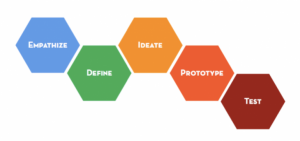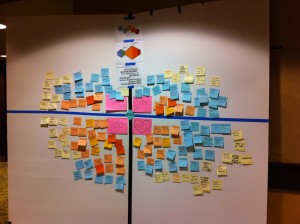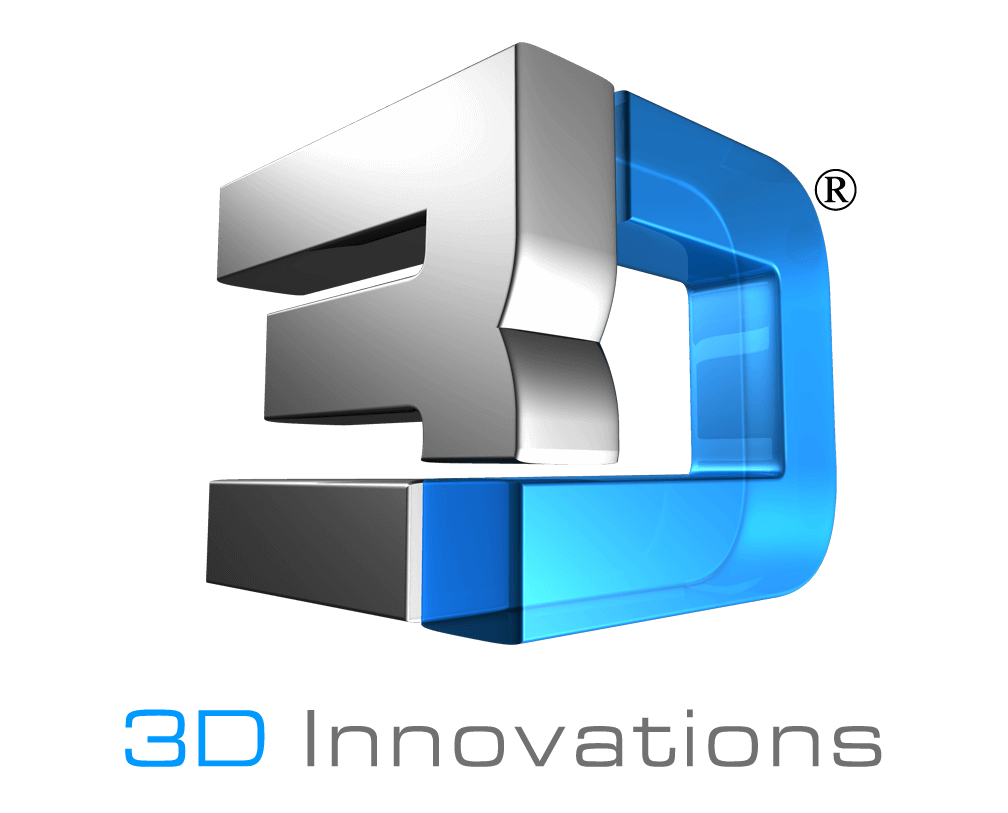Collin Kobayashi of 3D Innovations returned as a mentoring coach for the second annual Design Thinking Hawaii Boot Camp to assist with creating a new generation of Design Thinking coaches. Below is a summary he provided of the workshop experience:
“Design Thinking Boot Camp introduces a powerful and innovative approach to problem solving using a human centered design approach. Developed by Stanford University Design School, these methods allow you to gain multiple perspectives on complex challenges and promotes collaborative team work.
As the second annual Design Thinking Hawaii Boot Camp came to a close, new and returning coaches succeeded in teaching participants a new way of thinking using the Design Thinking process.
Using the Empathy mode, participants were able to observe, engage and immerse themselves with users to better understand their needs.
Throughout the Define mode, participants were able to “unpack” and synthesize empathy 
findings into compelling needs and insights and were able to develop problem statements into ‘Point of Views’ that focuses on specific users, needs, and insights discovered through the empathy process.
During the Ideate phase, the focus transitioned from identifying problems into exploring possible solutions that meets the needs of users. This phase was probably the most creative mode where the intent was to develop a large quantity of ideas and allowed users to step beyond identifying obvious solutions.
 Creativity continued into the Prototype mode where prototypes were developed based on ideas in the Ideate mode. “Low resolution” prototypes were built using everyday items such as Post-it notes, pens, paper, glue, sticks, and a whole lot more! These prototypes were built in a short period of time (30 minutes or less) and are designed for people to interact and experience with them. The intent was for the participants to learn quickly, investigate multiple possibilities and to better connect with the users experience.
Creativity continued into the Prototype mode where prototypes were developed based on ideas in the Ideate mode. “Low resolution” prototypes were built using everyday items such as Post-it notes, pens, paper, glue, sticks, and a whole lot more! These prototypes were built in a short period of time (30 minutes or less) and are designed for people to interact and experience with them. The intent was for the participants to learn quickly, investigate multiple possibilities and to better connect with the users experience.
The Testing phase was the most interactive where participants tested out their prototypes on other users. Comments and feedback were obtained to refine solutions and make them better. Participants gained a deeper understanding of users needs and were able to discover if the prototype was the correct solution or not.
It was obvious that the mindset of participants had shifted from solution seeking to understanding the deeper connection of users to products/services. Next steps are to implement at each coaches organizations and community integration.”
If you were also at the Design Thinking Hawaii Boot Camp or have been to a similar Design Thinking workshop, please feel free to also share your experience with us as well!


